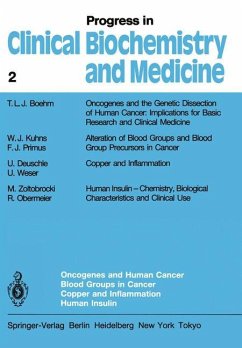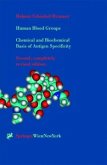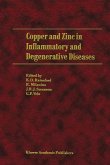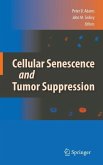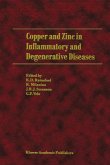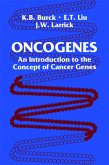l Tumor transformation produces numerous antigenic alterations ), particularly 2 among the glycoconjugates, sugars linked to each other, to lipids and to proteins , 3). Many blood group antigens are identified as glycoconjugates; they include the 4 ABO(H) , MNT, Lewis, Ii and P antigens ). These determinants are particularly valuable since they can be understood in terms of their serology, chemical structure and biochemical genetics4-7). Their specific functions are not well understood; how ever, their position as terminal or penultimate sugars may assign them a special role lO as protective or informational moleculesS- ). Ordinarily, these antigens, equally 4lO described on erythrocytes ), persist unchanged throughout the lifetime of the indi vidual, but they may be susceptible to alterations in the presence of certain hematopoietic diseases and solid tissue tumors, primarily carcinomas. A review of 11 this topic was published by one of us in 1980 ). New data has accumulated rapidly since then, particularly in the areas of structural analysis, biochemical genetics, and immunologic and tumor marker relationships. The purpose of this review is to provide an update of progress realized in these areas. Other reviews with emphasis 12 l5 on special areas are also available - ). Current and prospective experimental studies should be of use in regard to the following questions: 1.
Hinweis: Dieser Artikel kann nur an eine deutsche Lieferadresse ausgeliefert werden.
Hinweis: Dieser Artikel kann nur an eine deutsche Lieferadresse ausgeliefert werden.

